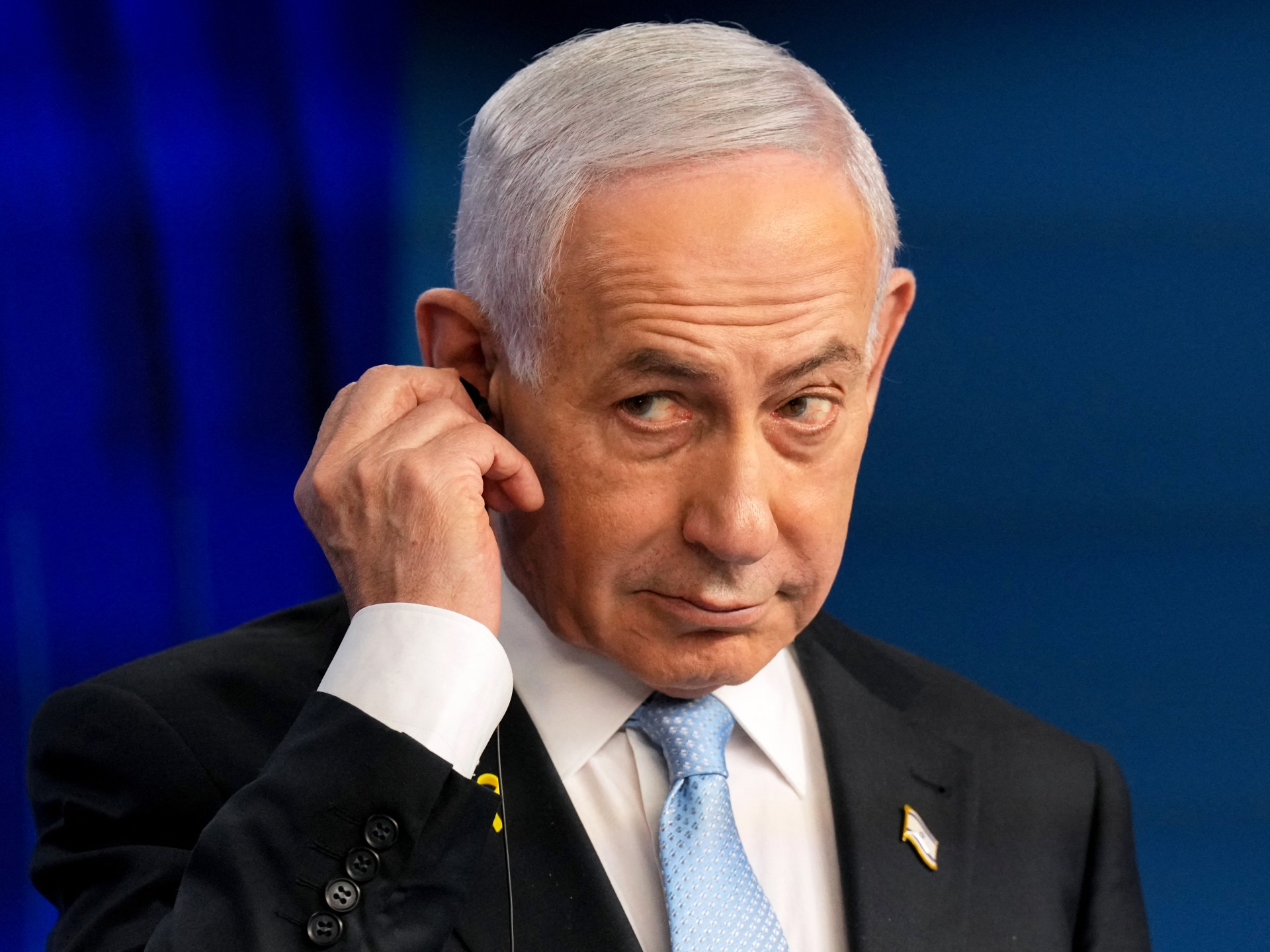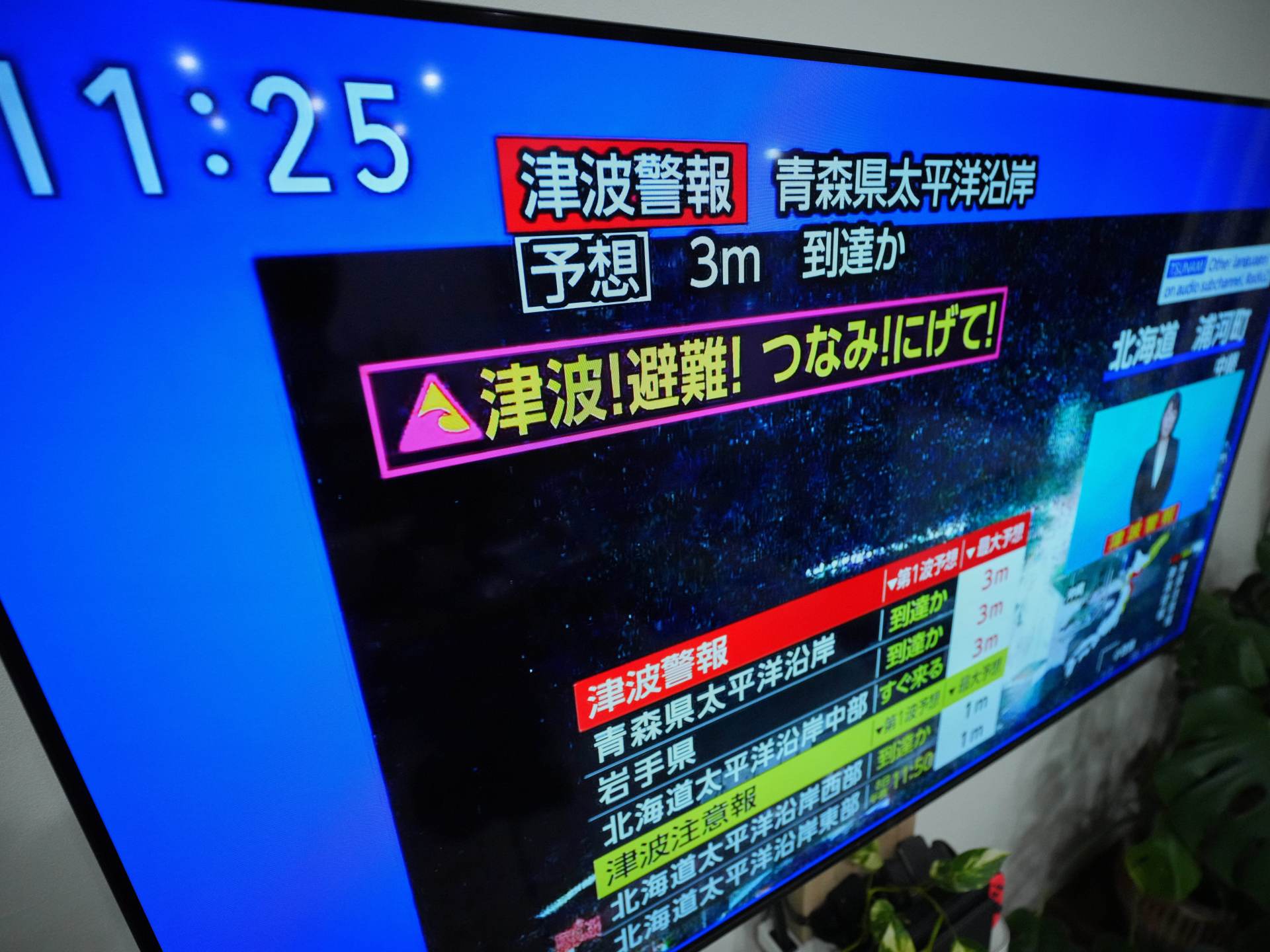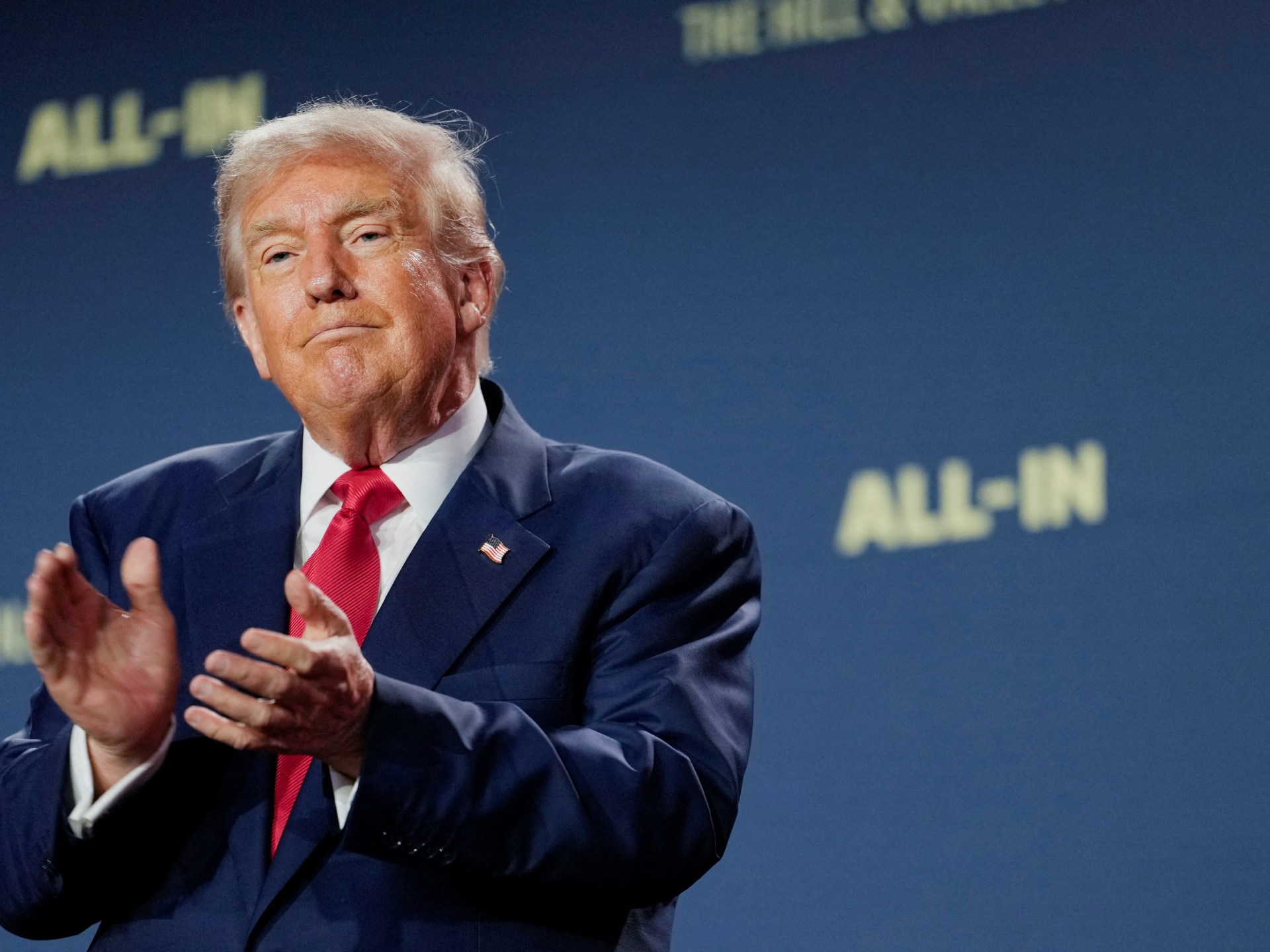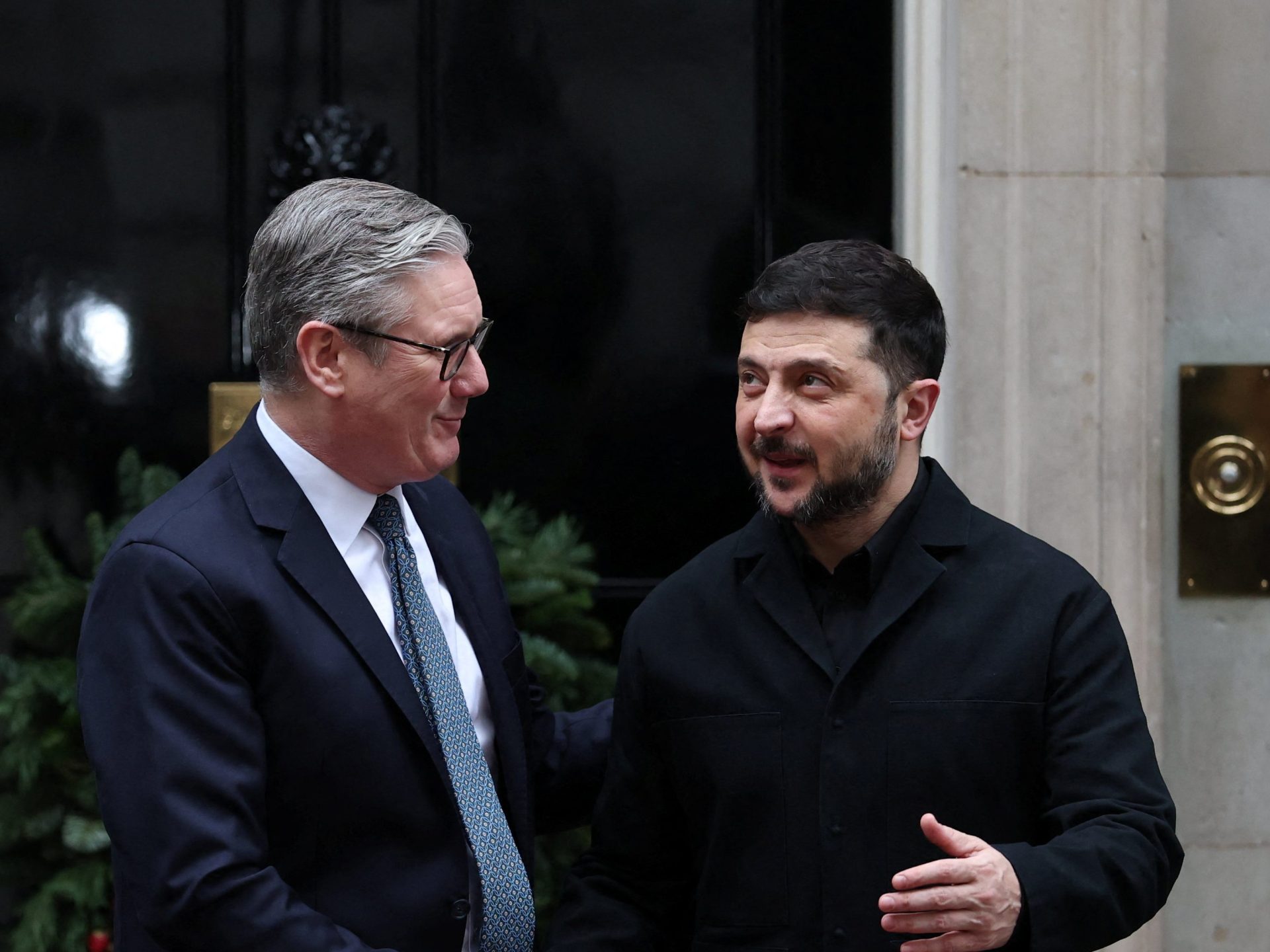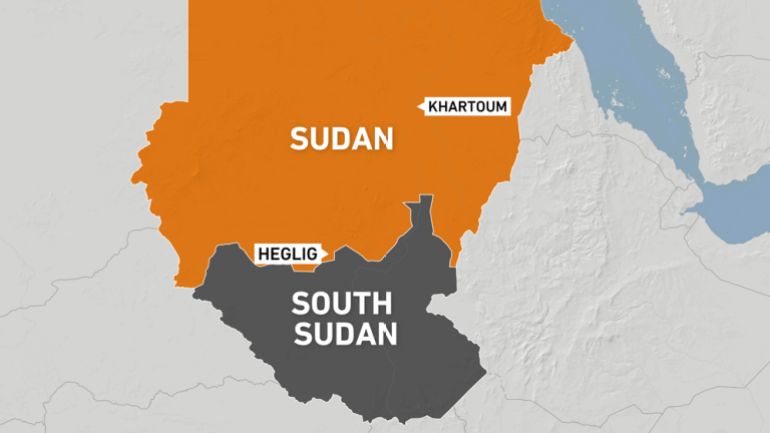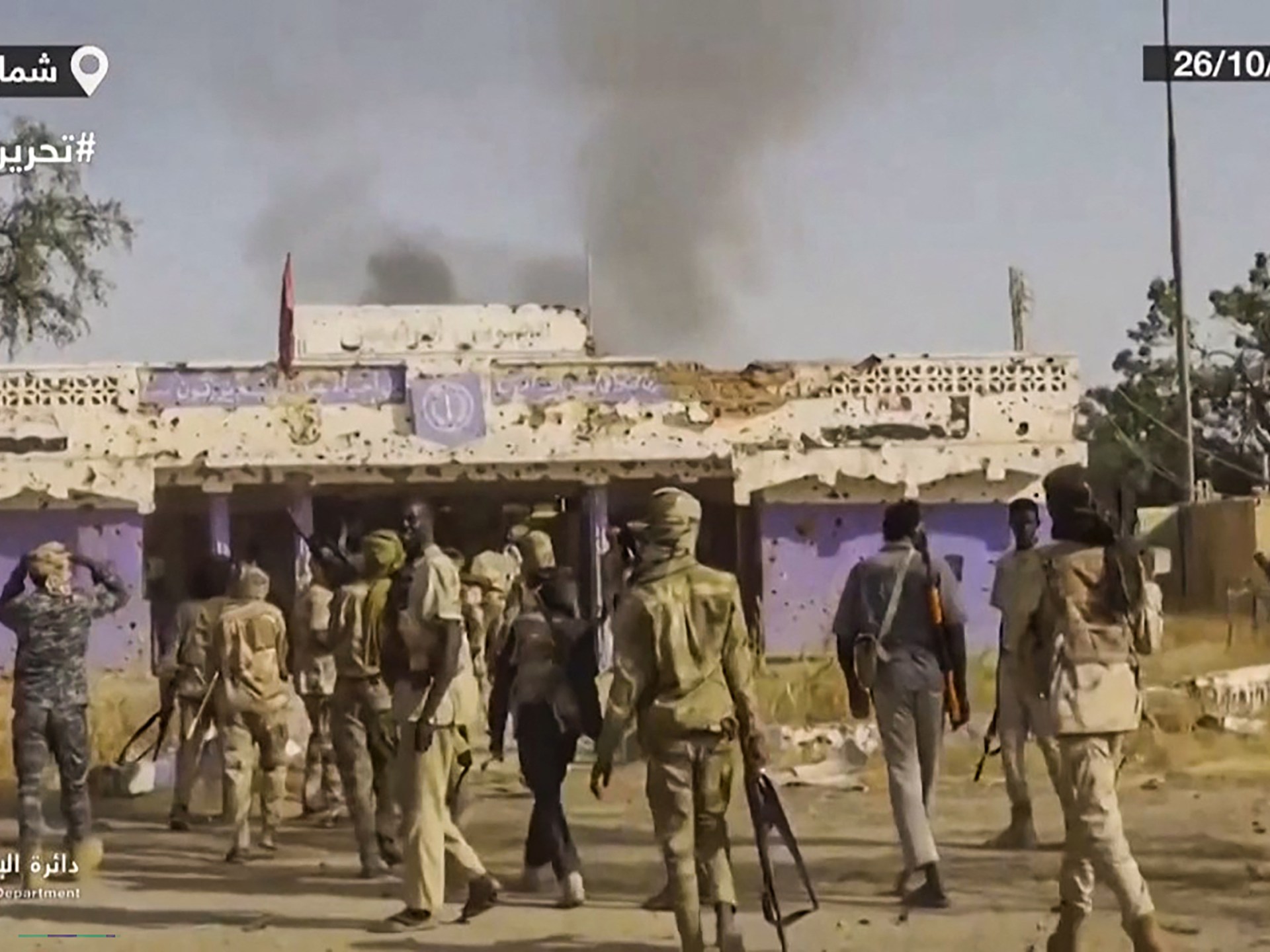Over the last two months in Darfur, Sudan, the Rapid Support Forces (RSF) have committed horrifying atrocities in the city of el-Fasher. There, they have fired on and killed civilians already shattered by more than 500 days of siege; people already so starved they have been forced to eat animal feed.
People who have managed to escape – often walking to the town of Tawila, 60km (37 miles) southwest of el-Fasher – are deeply traumatised. The killings have been indiscriminate and ethnically targeted, according to testimonies of survivors that Médecins Sans Frontières (Doctors Without Borders – MSF) teams treat in Tawila. Women report harrowing testimonies of rape. Children have arrived, terrified, in the arms of strangers, having been orphaned in el-Fasher.
People have been massacred, tortured, and summarily executed. Many remain stranded or unaccounted for as the violence that has swept through the city continues unchecked; several thousand people remain detained, held for ransom.
My Sudanese colleagues are treating patients as they await news of their relatives. Most of my colleagues in Tawila have family members, friends, or colleagues whom the RSF killed in el-Fasher.
While the scenes unfolding across Darfur are shocking and outrageous, we should not be surprised. For months, Sudanese people and many observers, including MSF, have been warning that this massacre would be the inevitable result of the RSF takeover of el-Fasher.
That is because we had seen it before. At the onset of the war in 2023, at least 15,000 people, mainly belonging to the Masalit and other non-Arab communities, were killed as the RSF took West Darfur’s capital, el-Geneina. Displaced and injured people treated by MSF in Chad reported being attacked because of their tribe or ethnicity and were told to “leave this country or die”. An MSF retrospective mortality survey showed rates 20 times higher in the months following April 2023, compared with pre-war figures. Nearly one man in 20 aged between 15 and 44 was reported missing during this period. El-Geneina is now virtually empty of Masalit people.
The Zamzam camp, on the outskirts of el-Fasher, was once the country’s largest displacement camp. The carnage that occurred there when the RSF launched a large-scale assault in April was not a wake-up call either. Well before those massacres, our teams in Zamzam had repeatedly warned of the scale of malnutrition and called for a massive humanitarian response – to no avail.
Even when a state of famine was declared in the camp in August 2024, MSF trucks carrying food supplies were stuck for months in North Darfur; the RSF ordered them to go anywhere but near el-Fasher. Later, the displaced and besieged communities were regularly hit by shelling, forcing MSF to leave the camp in February 2025.
Far from being the actions of rogue RSF commanders, the mass atrocities culminating in el-Fasher have been part of a deliberate campaign to starve, forcibly displace, and kill civilians, often along ethnic lines.
The RSF, which, according to reports by international organisations and media outlets, is supported by the United Arab Emirates, bears responsibility for the crimes it has committed in el-Fasher. It must immediately halt mass atrocities and ethnically targeted killings and provide a safe passage to survivors.
Warring parties must uphold the obligations they have under international humanitarian law, but also those under basic humanity. Both parties must grant immediate humanitarian access to people in need, regardless of who controls the territory.
But that this tragedy was so predictable underscores how shared and collective the overall failure to protect civilians is.
The death and destruction are being enabled by too many governments choosing not to use their influence to try to pressure the warring parties to stop killing people or blocking humanitarian aid. Choosing to issue passive statements of concern, while they and their allies provide financial and political support, and the weapons that destroy, maim, and kill.
More than 20 years ago, when similar extreme violence was committed, the world mobilised for Darfur. The International Criminal Court charged former President Omar al-Bashir with crimes against humanity and genocide for the atrocities committed by his army and and the Janjaweed militias, which later were reorganised into the RSF.
Today, as other crimes are committed against the same ethnic groups, world leaders cannot look away. Countries that have influence with the warring parties, including the United States, the UAE, Egypt and Saudi Arabia, known as the Quad, must act to prevent further atrocities.
As the dust settles on the horrors of el-Fasher, we must refuse to move towards a “new normal” of accepting such atrocities. We need political commitment, sustained humanitarian mobilisation based on an impartial evaluation of the situation, and accountability. Last month, the UN Human Rights Council tasked the independent fact-finding mission for Sudan to investigate crimes committed in el-Fasher – a process which we call on all states and parties to support.
We need to do more for people whose lives are still in danger in el-Fasher and the surrounding towns. And we need to make sure that the cycle of violence and ethnic cleansing finally comes to an end in Darfur.
The conflict dynamics under way seem to indicate that the excruciating plight of el-Fasher may not be the end of horrific violence, but rather a milestone in a catastrophic war that keeps crushing civilian lives, notably at this moment in the Kordofan region. We fear that more civilian victims and other scenes of atrocities will unfold.
